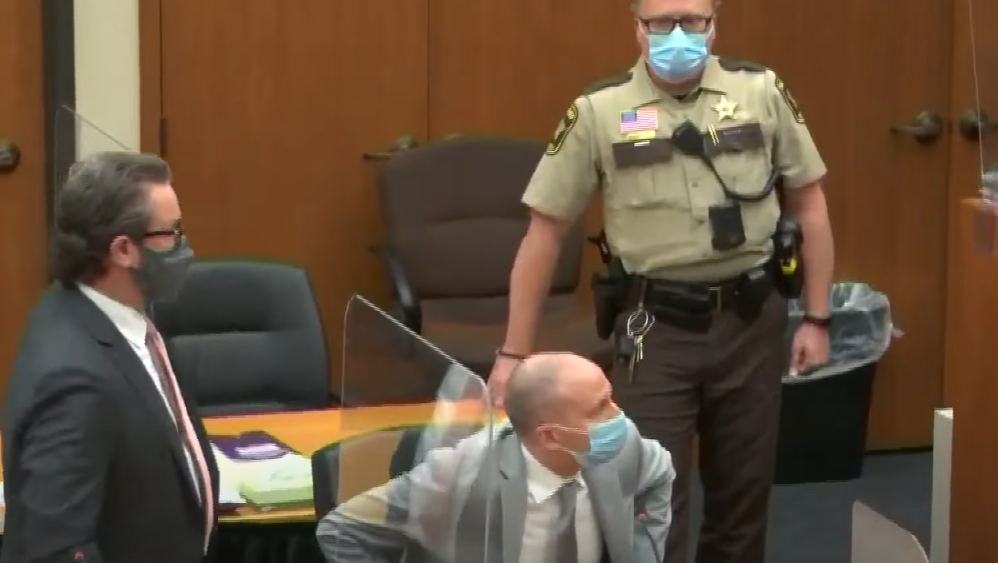The former Minneapolis police officer Derek Chauvin, who was found guilty in George Floyd’s death, suffered serious injuries after being stabbed by another prisoner at a federal facility in Arizona.
The incident occurred at the Federal Correctional Institution in Tucson, a medium-security
prison marked by security issues and staff shortages.
The attack, which took place on Friday, saw an incarcerated individual assaulted around 12:30 p.m. local time. While the Bureau of Prisons confirmed the assault, they did not disclose the identity of the inmate involved.
Responding personnel managed the situation and administered life-saving measures before transferring the injured inmate to a hospital for further evaluation.
Fortunately, no prison employees were harmed, and the FBI has been notified, leading to the suspension of visitations at the facility, which currently houses around 380 inmates.
This disturbing incident marks the second high-profile attack on a federal prisoner within the past few months, following the stabbing of disgraced sports doctor Larry Nassar in a Florida federal penitentiary.
Derek Chauvin’s Safety Concerns in Prison

Furthermore, it represents the second major security breach at the Tucson federal prison, the previous occurring when an inmate attempted to shoot a visitor in the head in November 2022.
Derek Chauvin, 47, serving both federal and state sentences for his involvement in George Floyd’s death, was moved to FCI Tucson in August 2022.
His lawyer had previously advocated for Chauvin’s segregation from other inmates due to potential targeting, a concern also echoed during his time in a Minnesota state prison where he was predominantly kept in solitary confinement for safety reasons.
Chauvin’s stabbing follows the recent dismissal of his appeal by the U.S. Supreme Court regarding his murder conviction. Additionally, he is pursuing an unlikely attempt to overturn his federal guilty plea, asserting new evidence suggesting his innocence in Floyd’s death.
The death of George Floyd in May 2020, due to Chauvin kneeling on his neck for over nine minutes, sparked global protests against police brutality and racial injustice.
Chauvin’s assault underscores the ongoing challenges faced by the federal Bureau of Prisons, already under scrutiny for its handling of high-profile inmates and a series of systemic issues highlighted in recent investigations by The Associated Press.


Comments are closed.